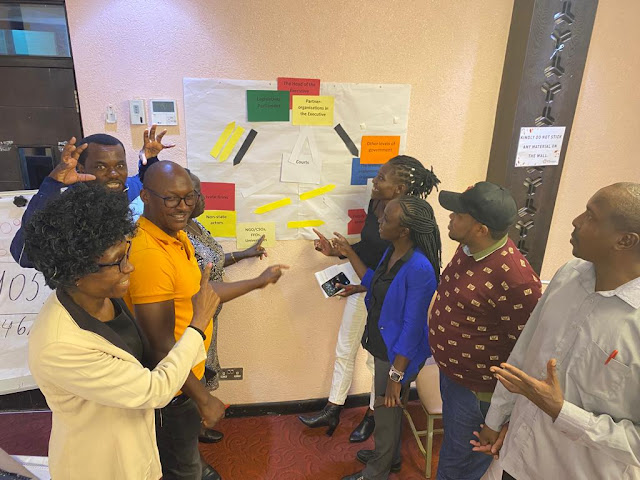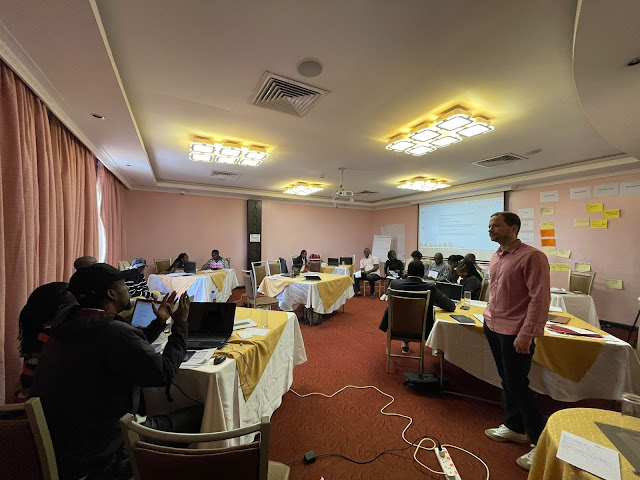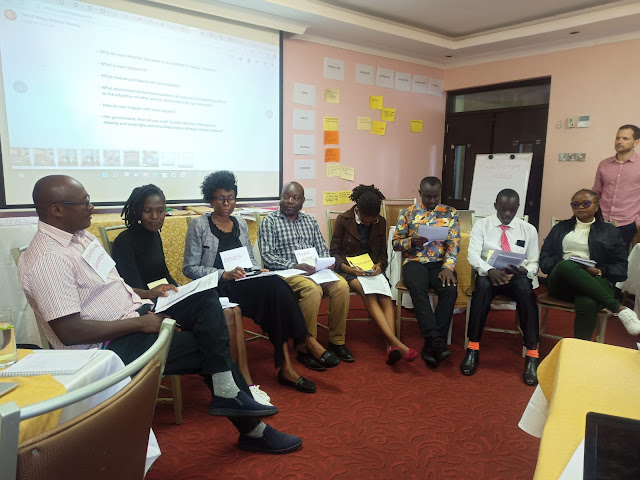The family and property have special relationship. Family farming provides food and money for the family, as well as preserving, transferring, and renewing locally unique knowledge and conserving and making sustainable use of biodiversity. Women Business Hub is focused on real actions that will strengthen procedures aimed at family farming. Using a Gender Action Learning System, the organization is constructing a concrete gender and social inclusion platform. The system will be directed by the community and will employ participatory processes and tools to provide women, men, and youth more control over their lives as a basis for individual, family, community, and organizational progress. The major focus is on analyzing and breaking down gender barriers, as well as altering gender-based disparities at the individual and family levels. Beneficiaries will be given a set of skills that will enable them to be effective in evidence-based advocacy for family farming, strengthening the ability of family farmers, particularly women and youth. By Ivy Muhula - Programmes Manager.
Women Business Hub is a gender responsive CBO with a Mission to empower women and girls through inclusive entrepreneurship, advocacy, and capacity-building programs that advance gender equality, promote sexual and reproductive health rights, and uphold the right to bodily autonomy. Our vision is a world where every woman and girl enjoy equal opportunity, economic empowerment, and full autonomy over their bodies, lives, and choices—free from discrimination, violence, and systemic barriers.
Subscribe to:
Post Comments (Atom)
Kisumu Entrepreneurs Rising Through Trade Over Aid (TOA) Initiative
The Trade Over Aid (TOA ) Initiative challenges traditional paradigms of dependency by shifting focus from aid to trade . It empowers indiv...

-
Community organizations and networks are uniquely positioned to interact with affected communities, respond quickly to community needs and i...
-
AMREF Health Africa developed the Organizational Development and Systems Strengthening (ODSS) curriculum to address the capacity needs of Ci...
-
Women Business Hub is working on strategies to assist low income young farmers and Key Populations in marketing their produce at an afford...



.jpeg)





No comments:
Post a Comment